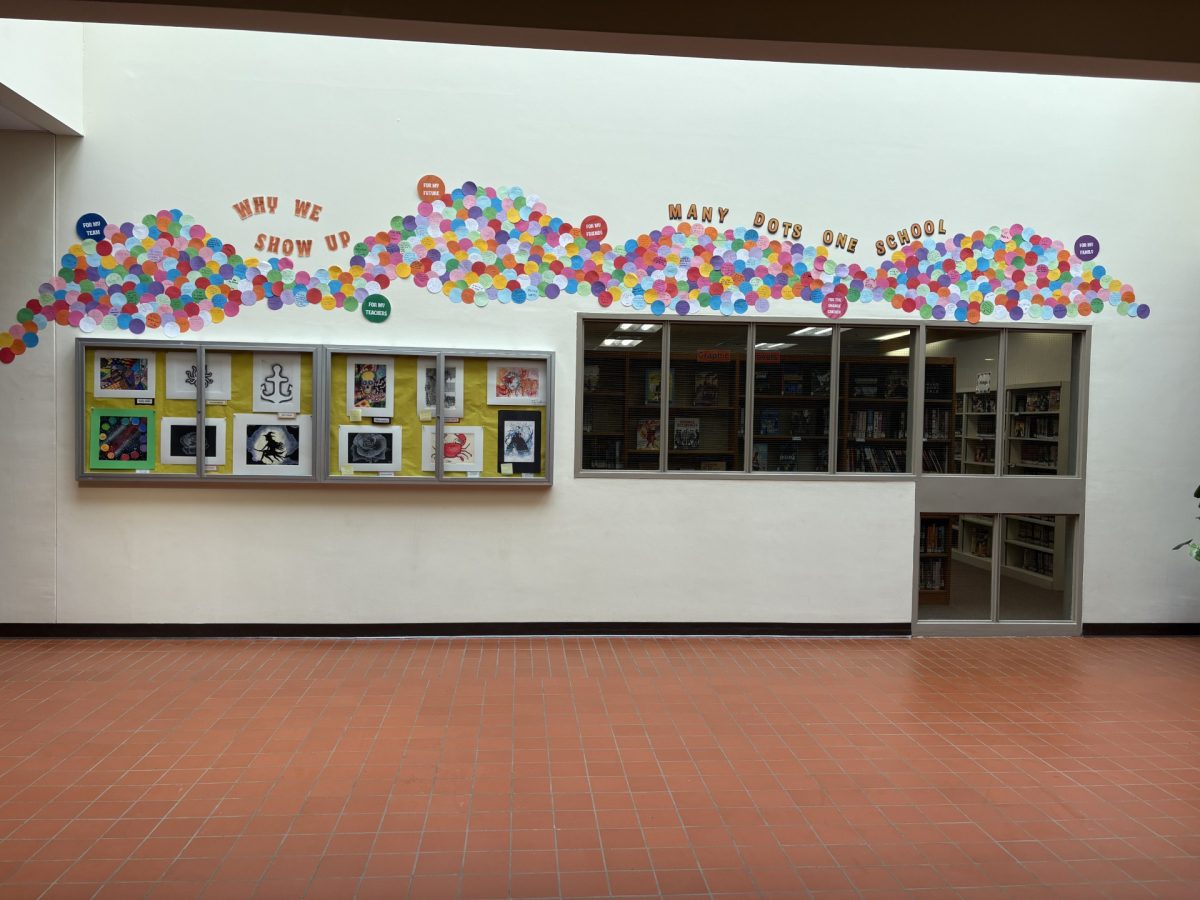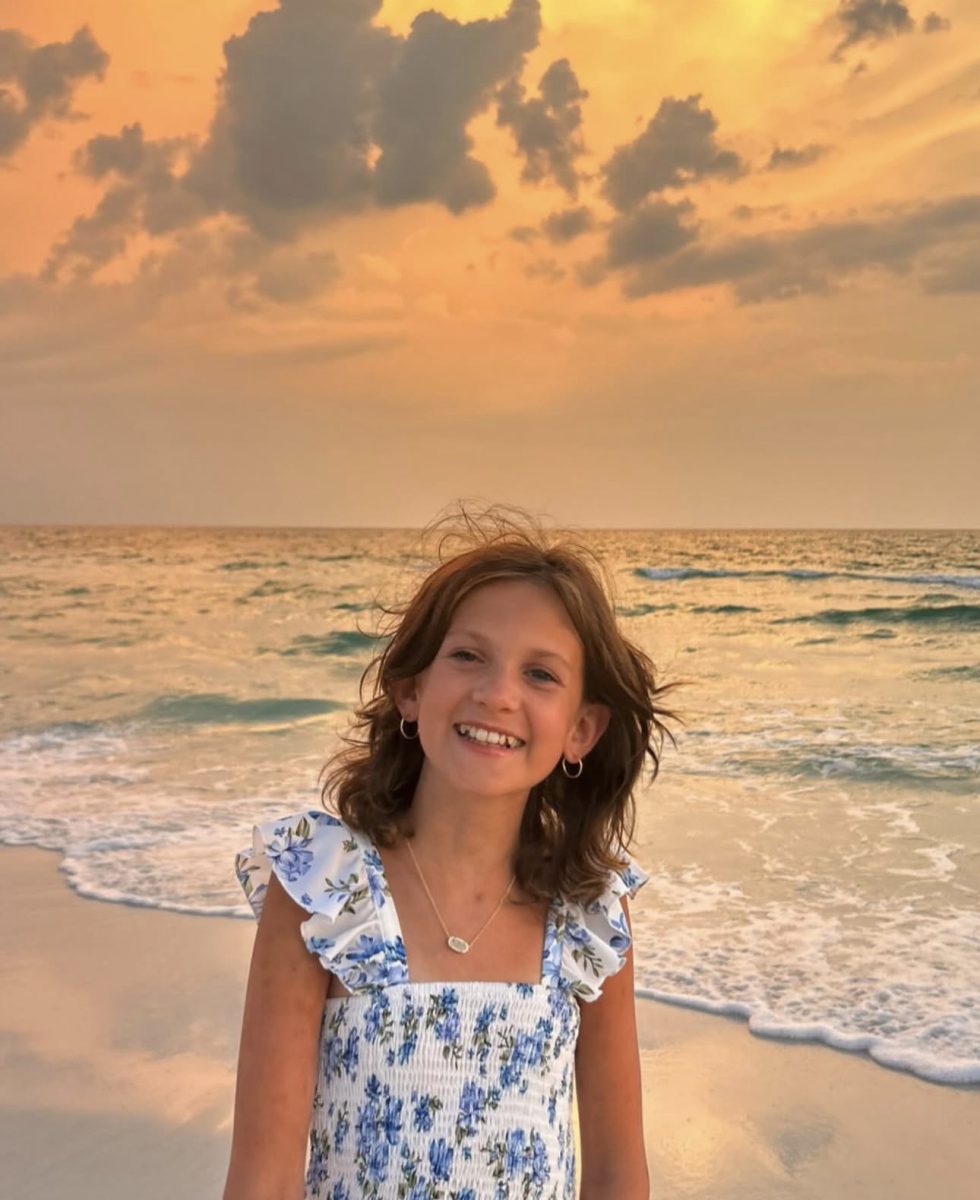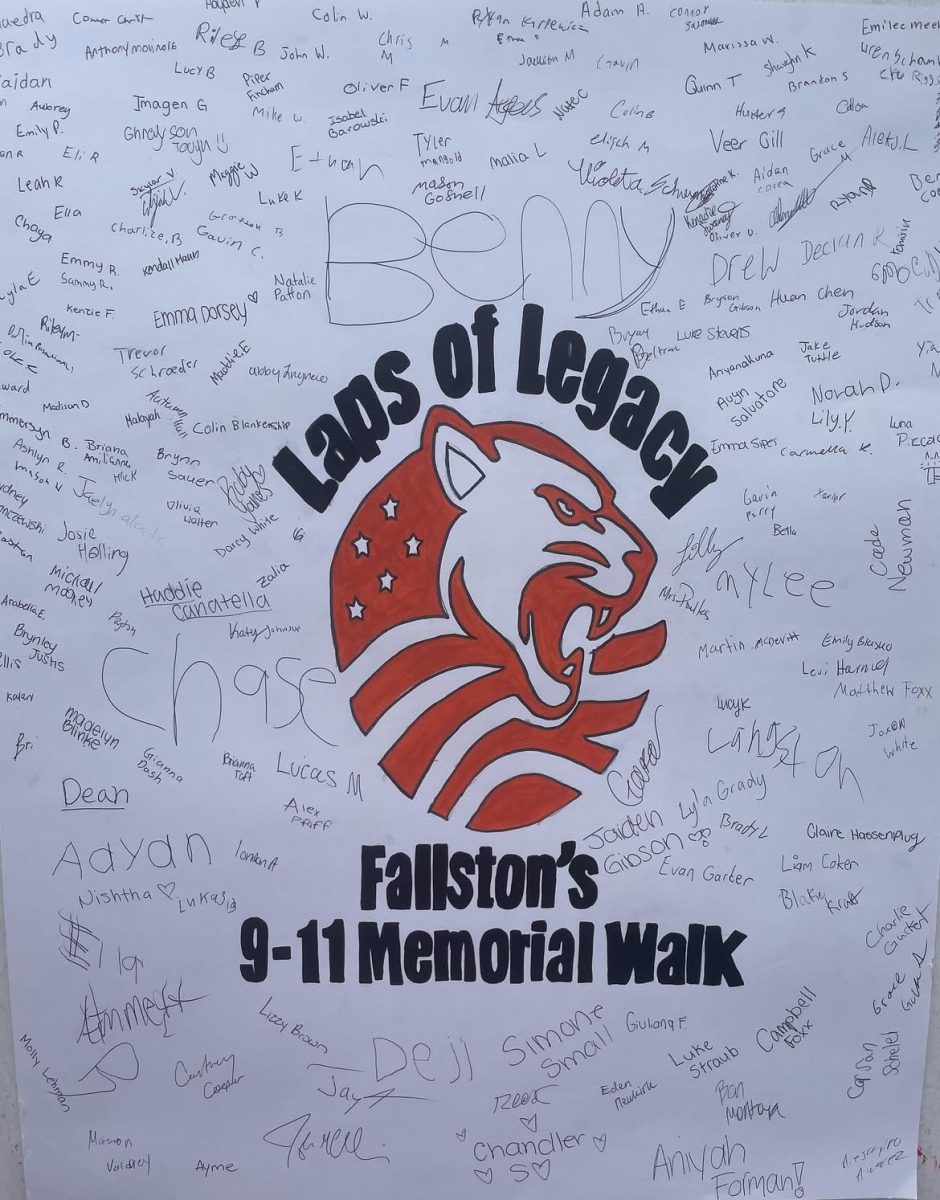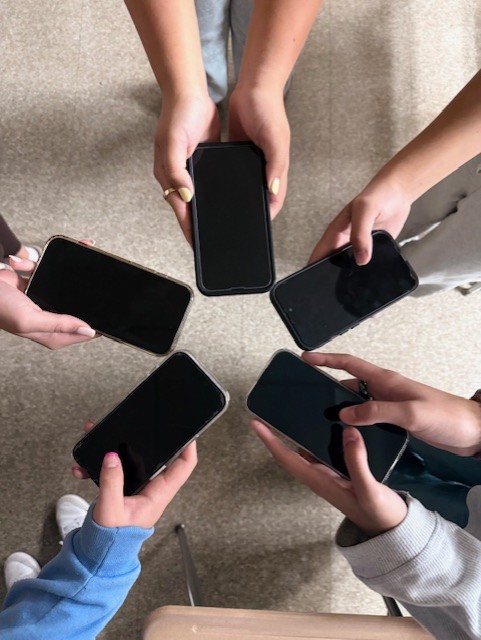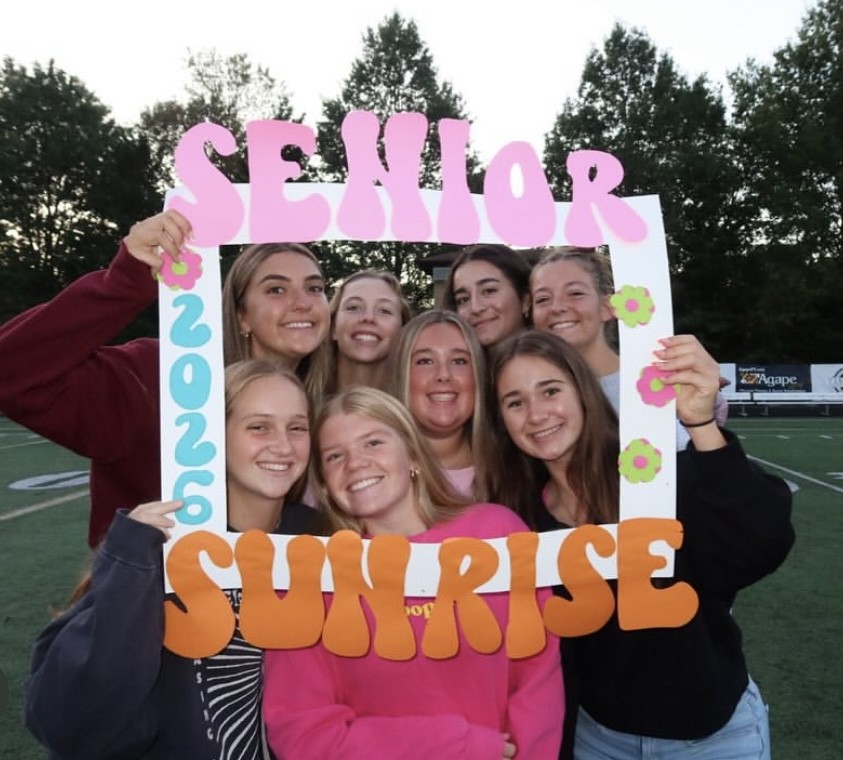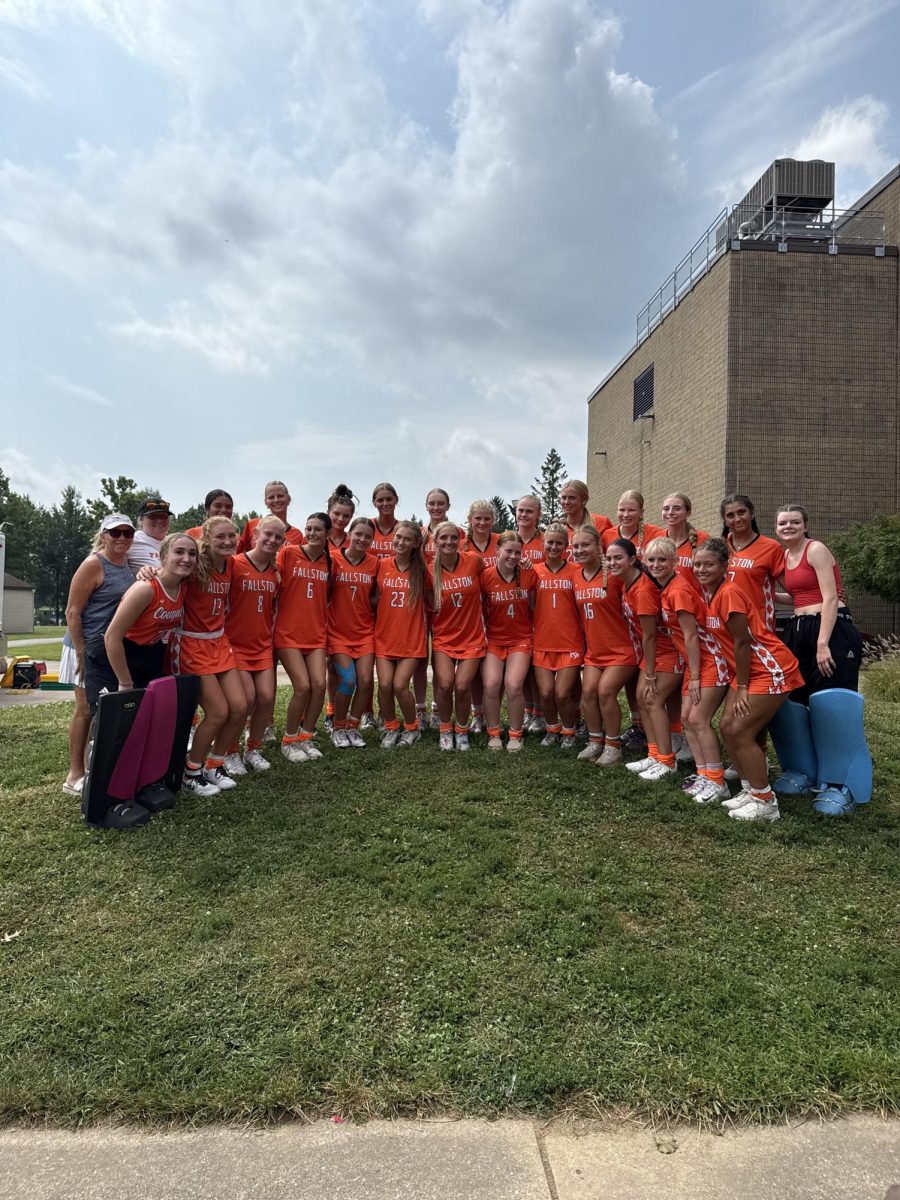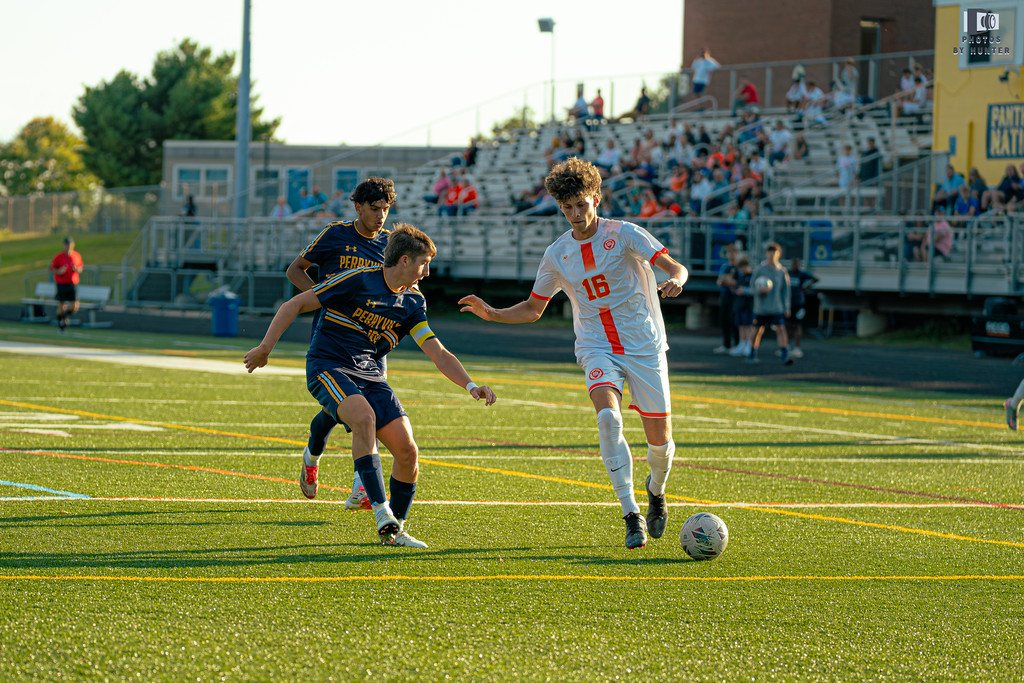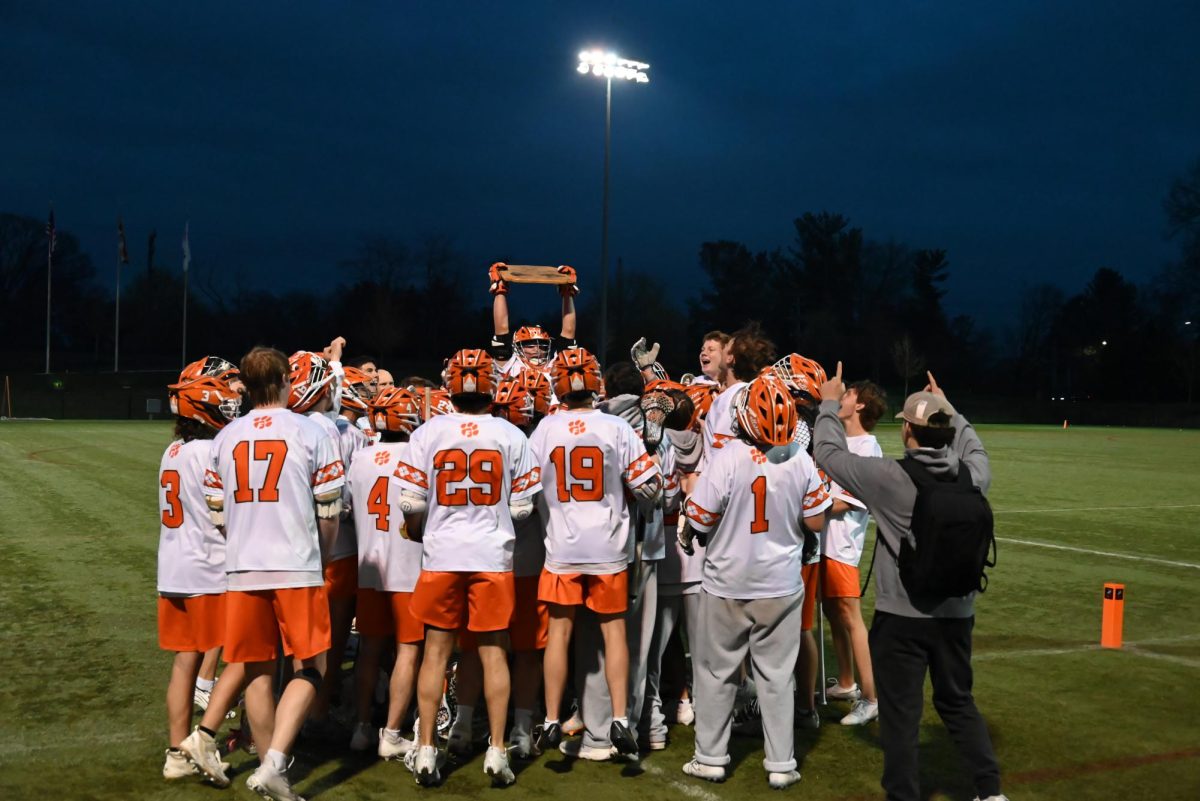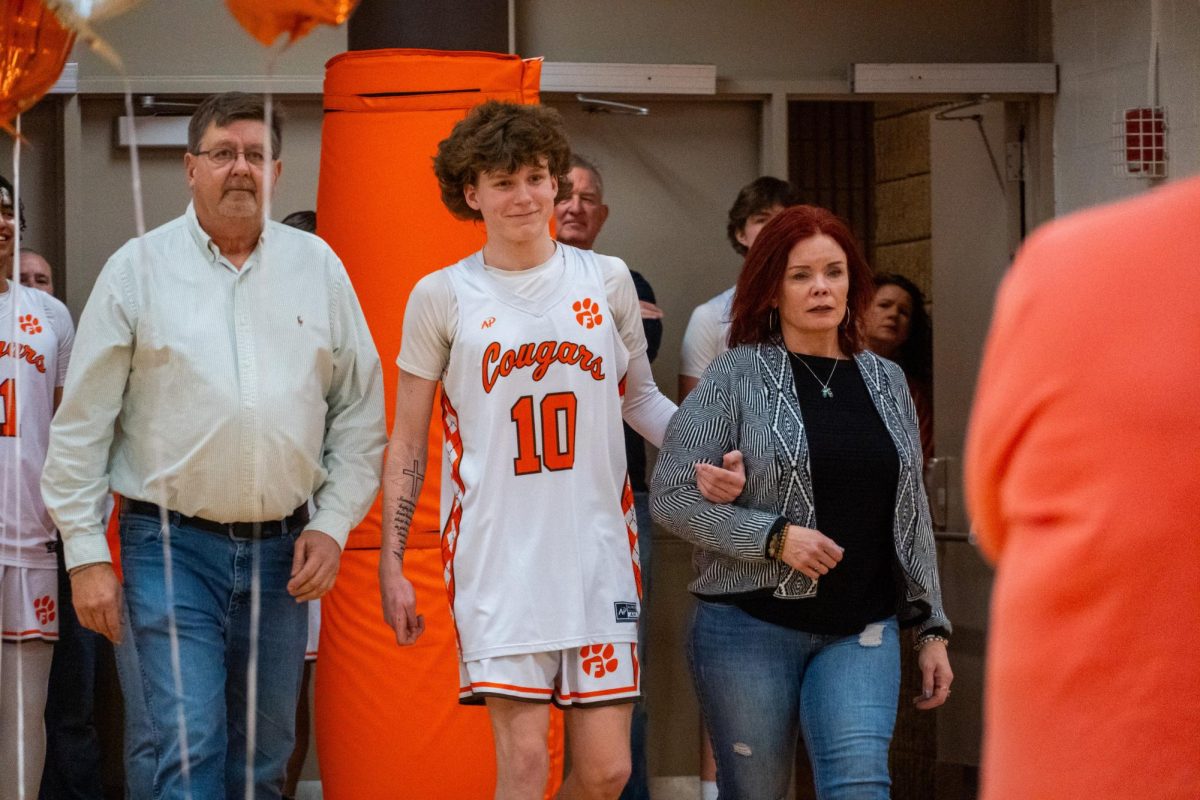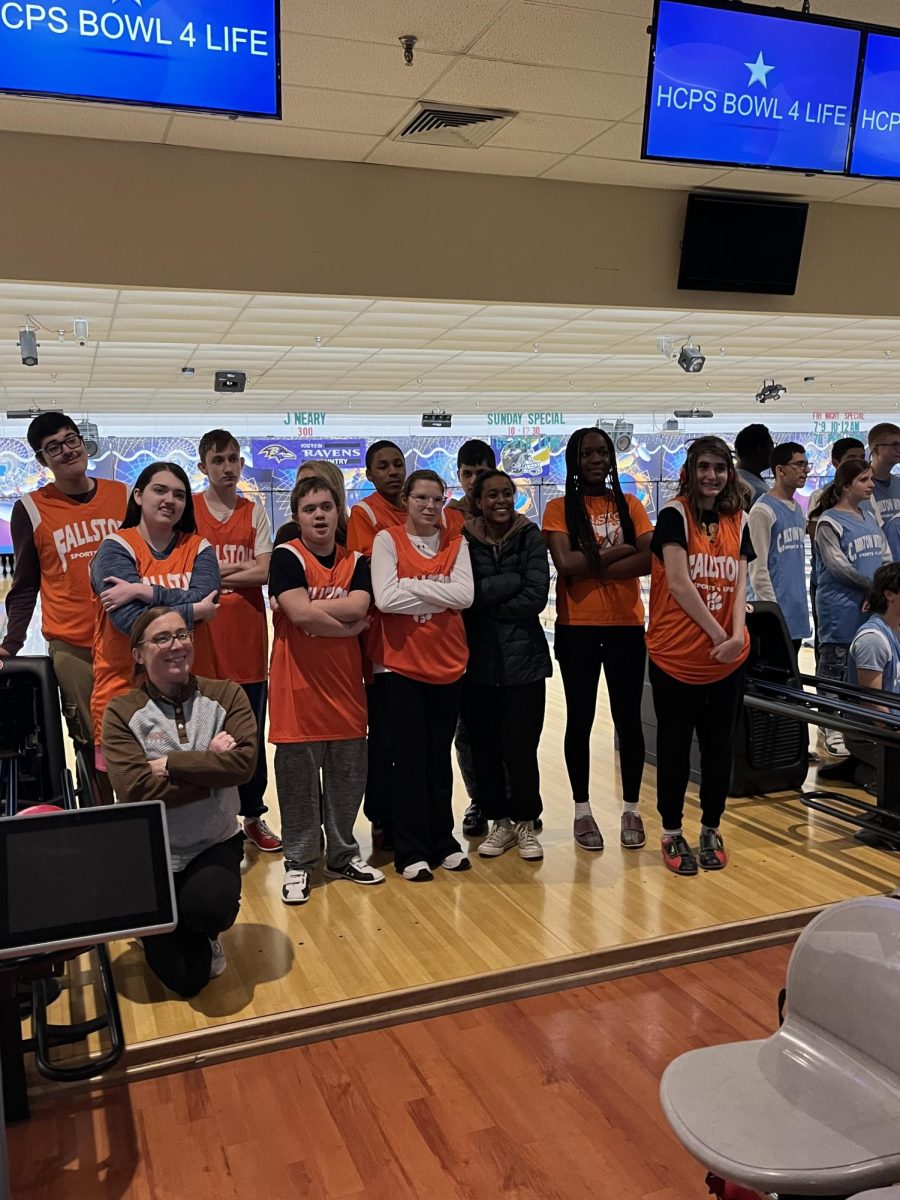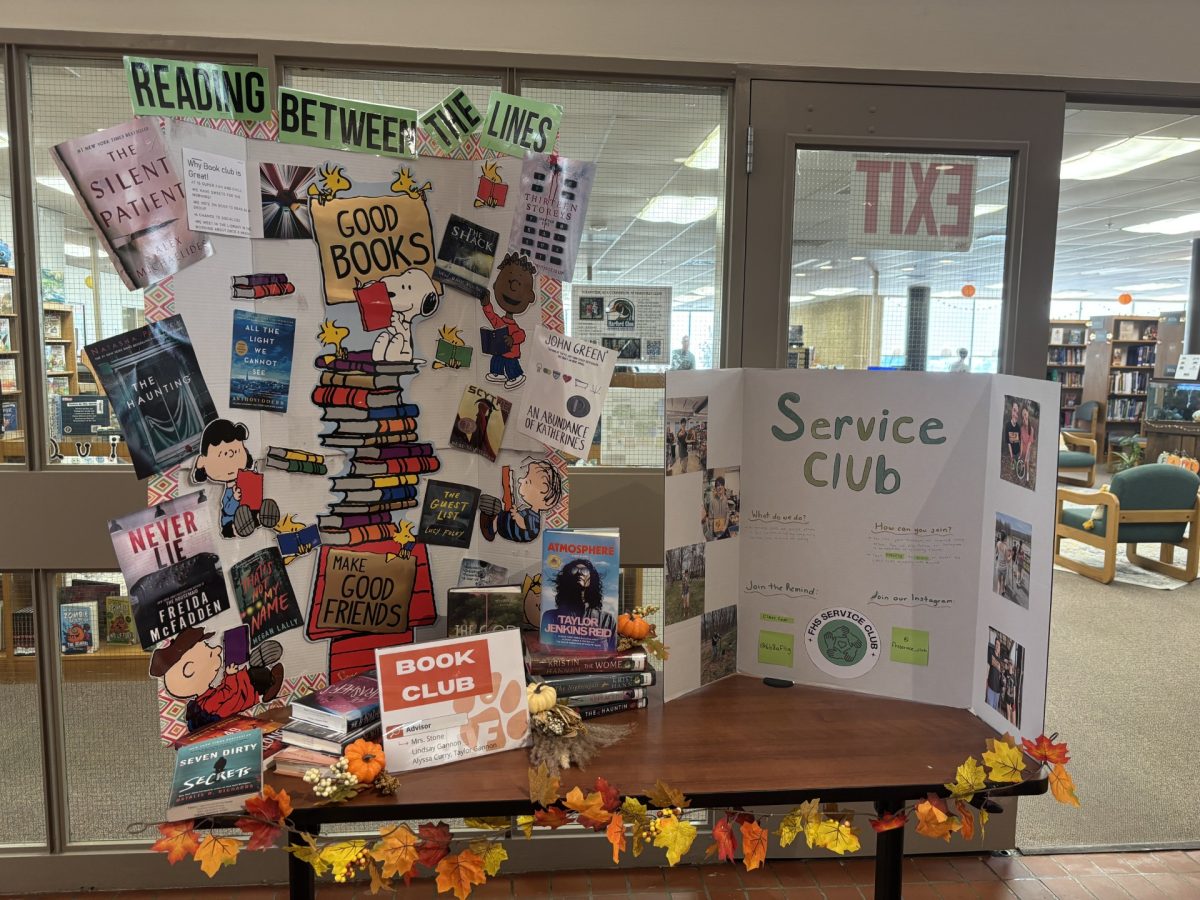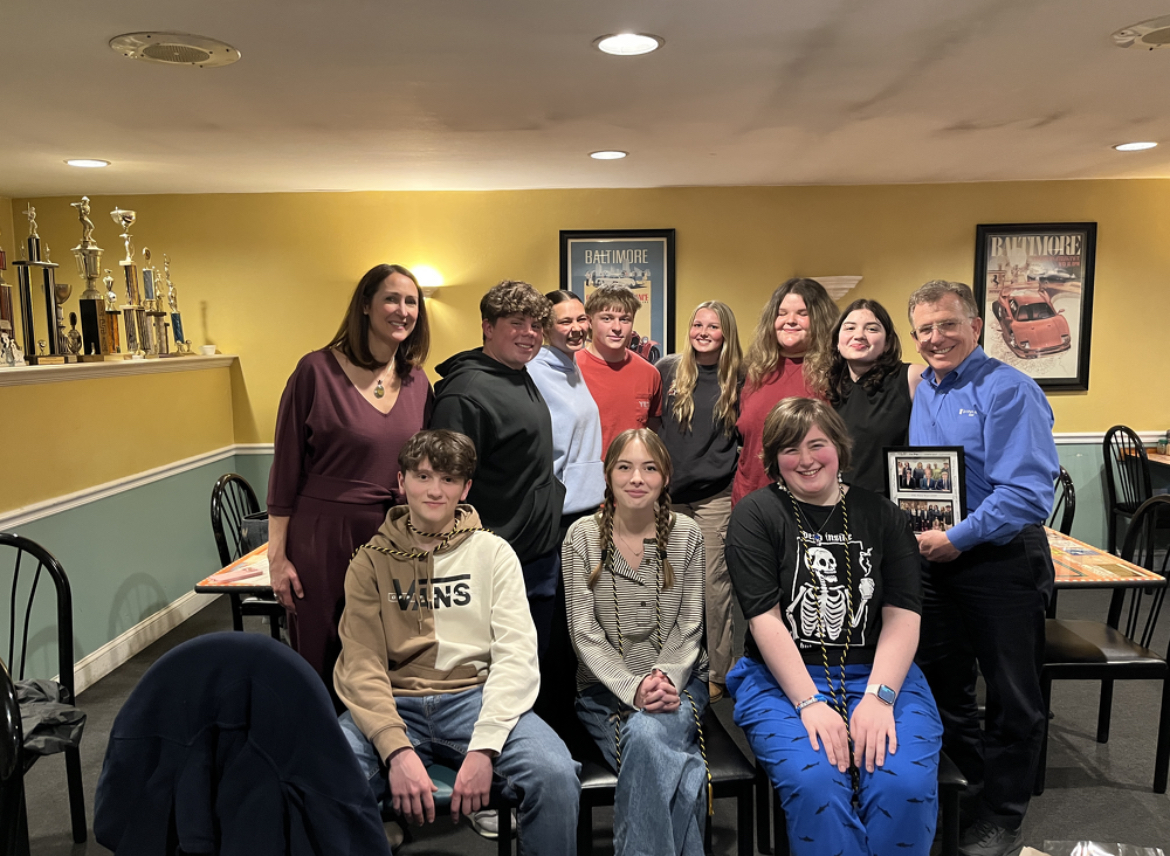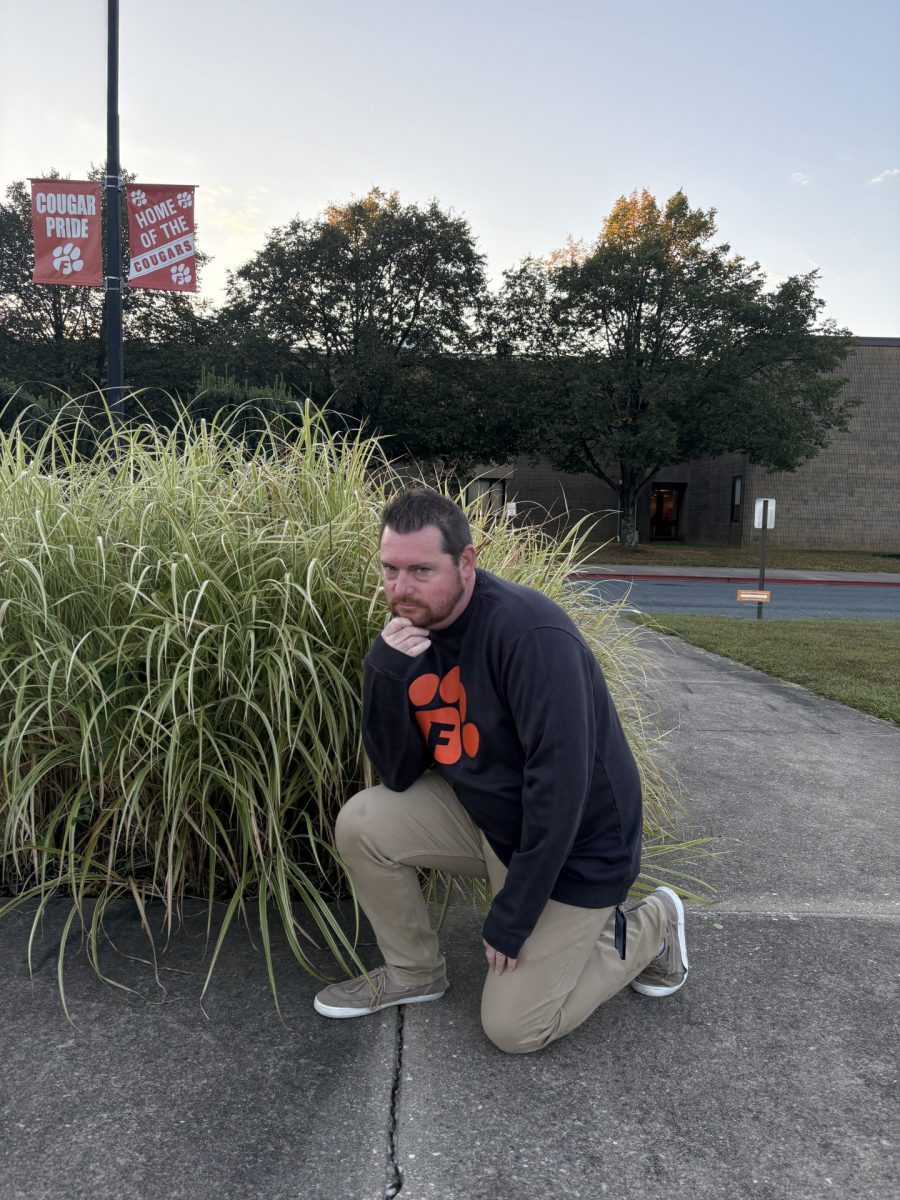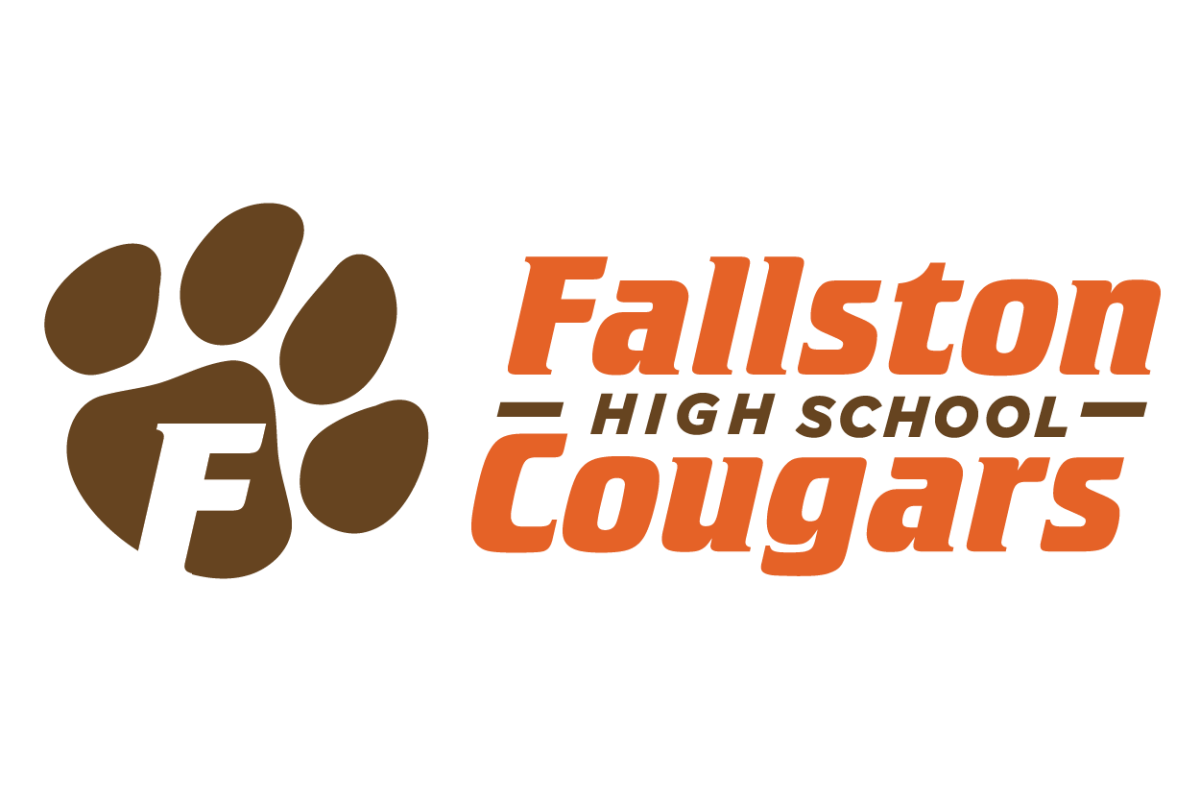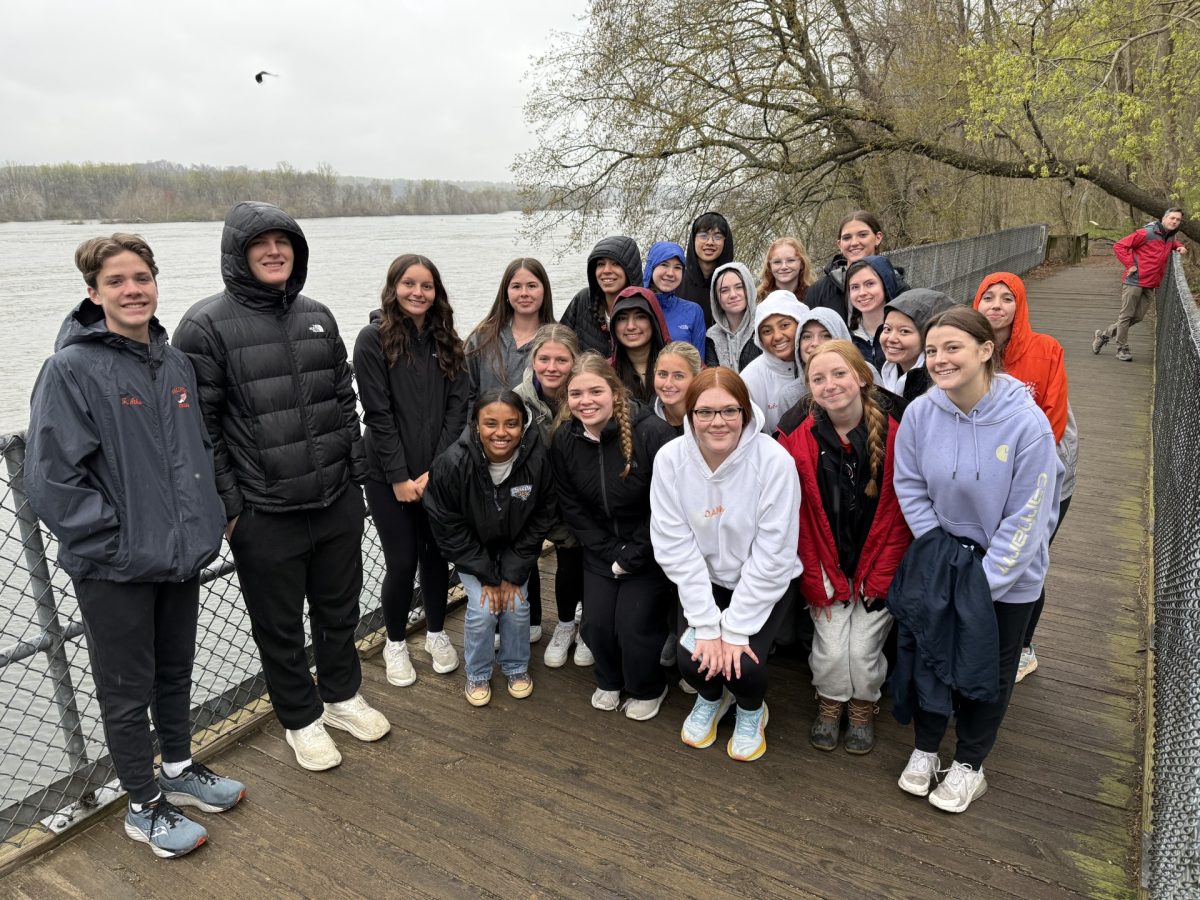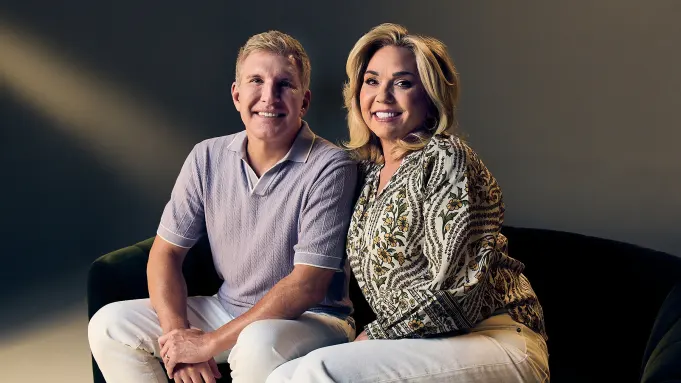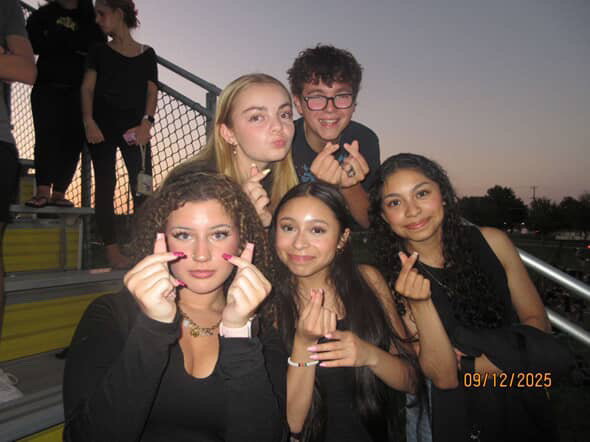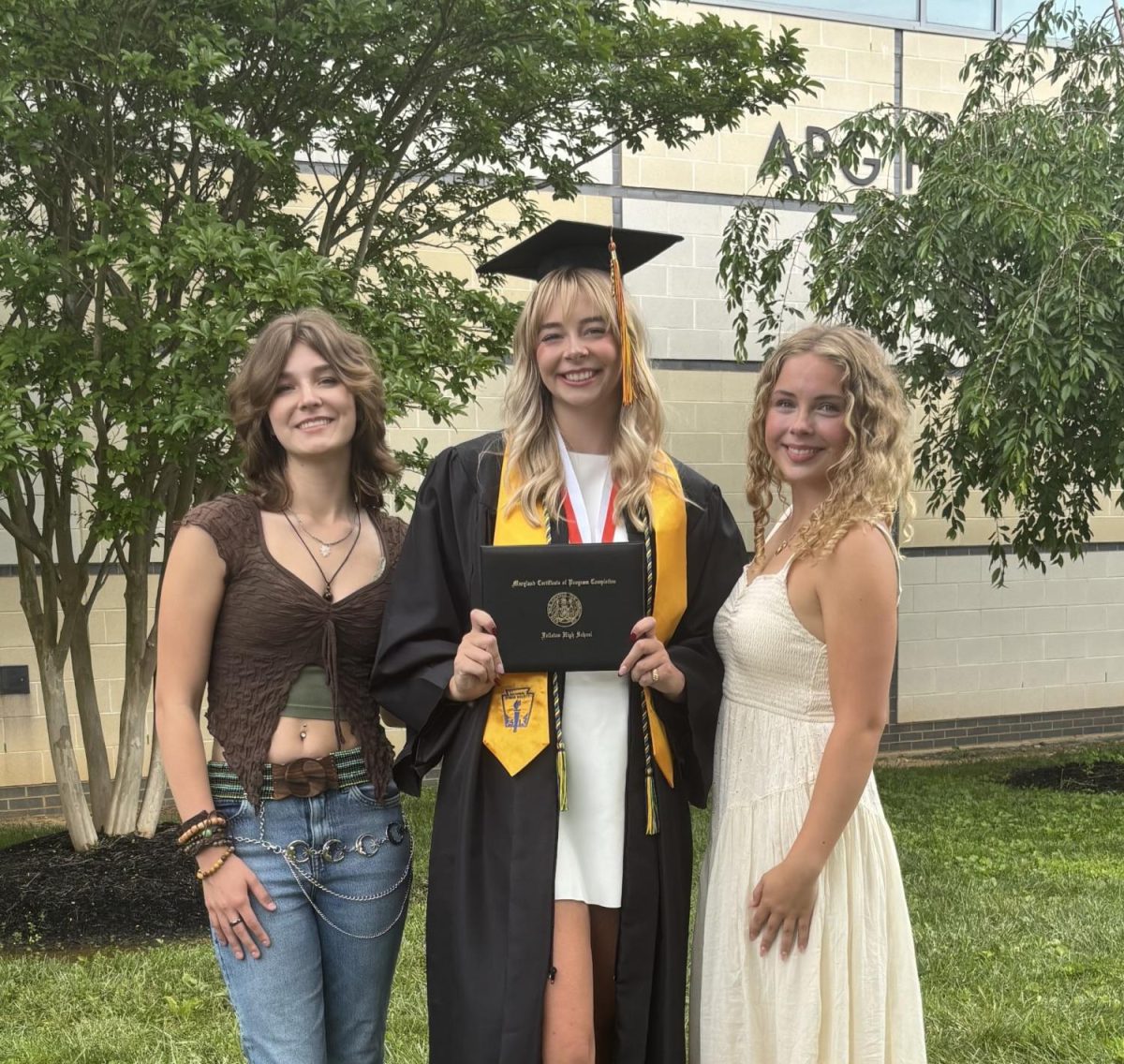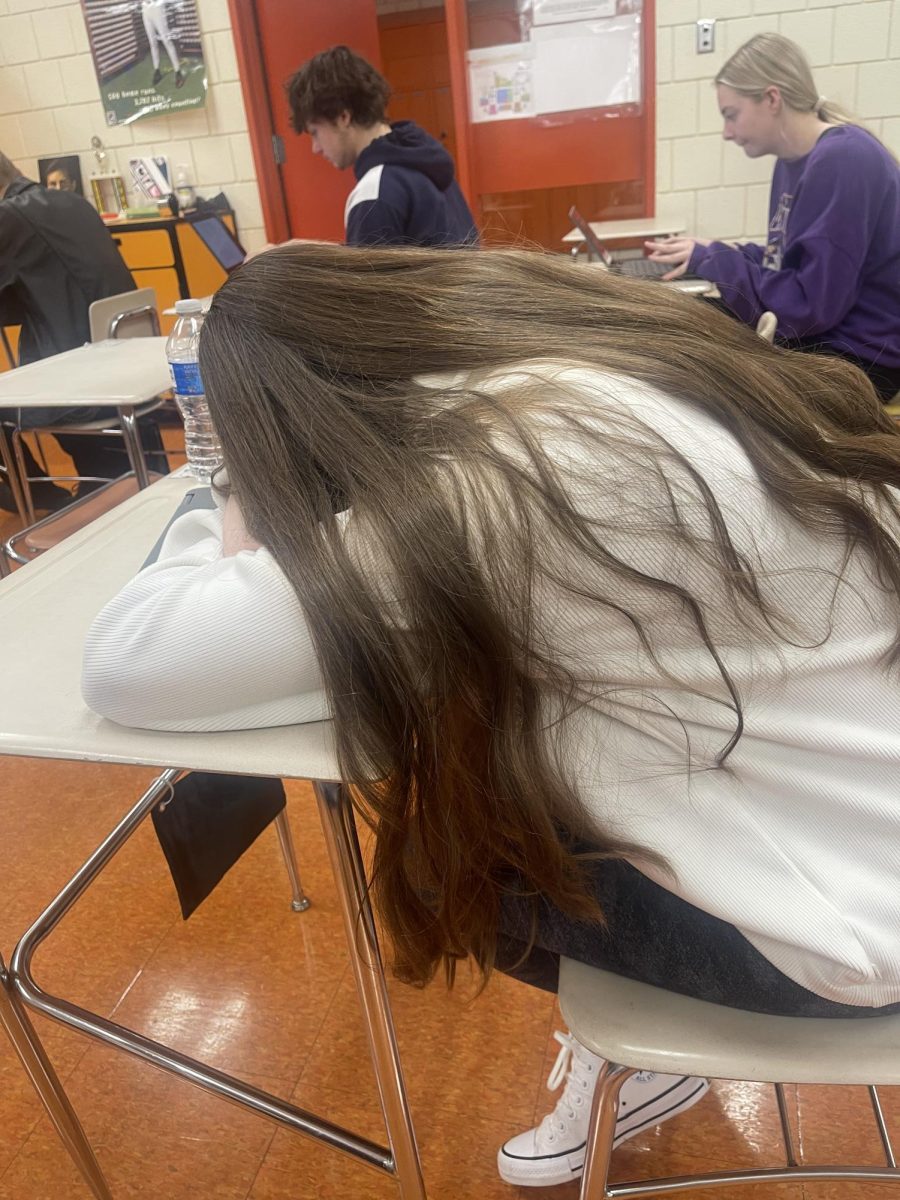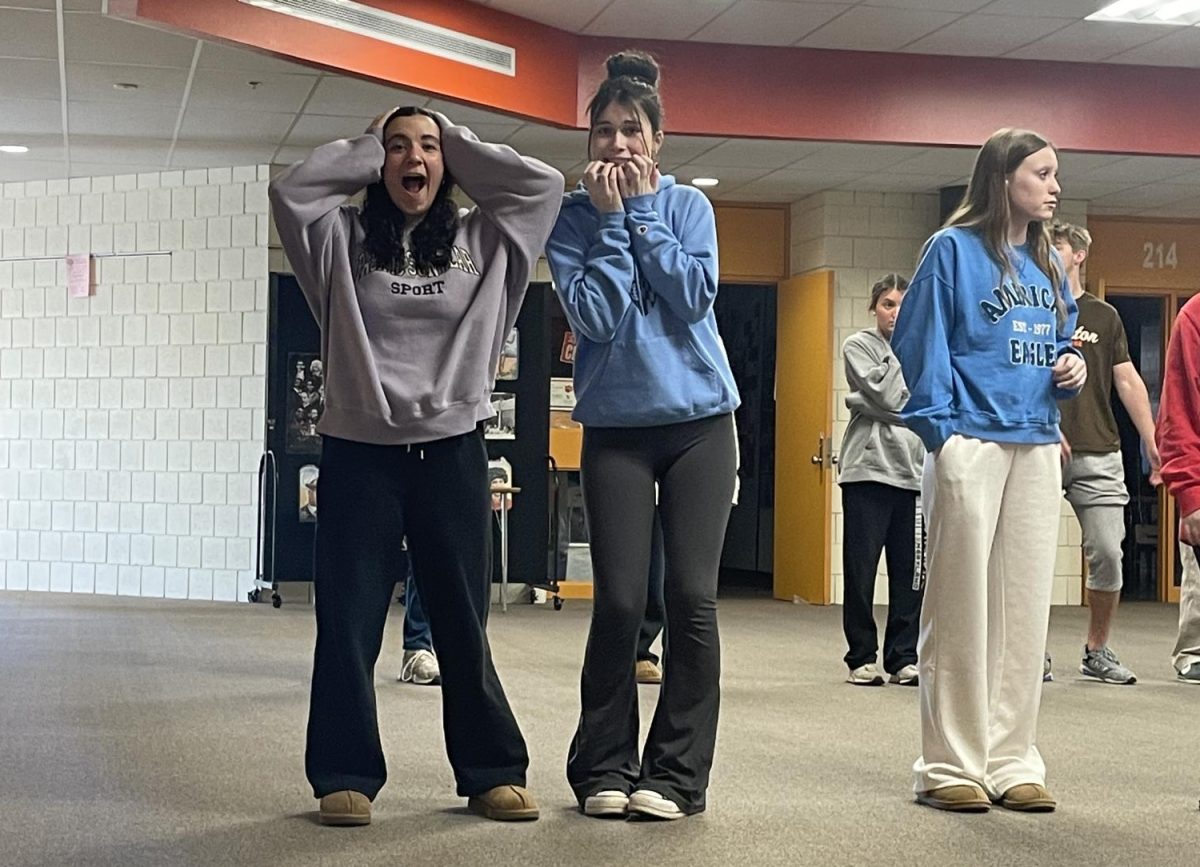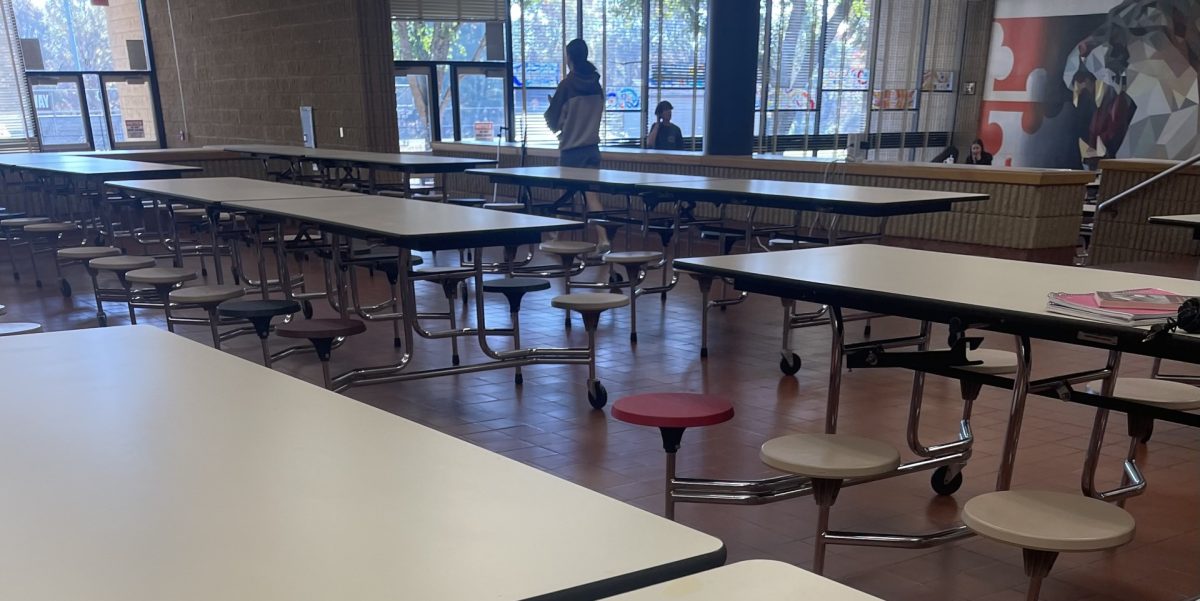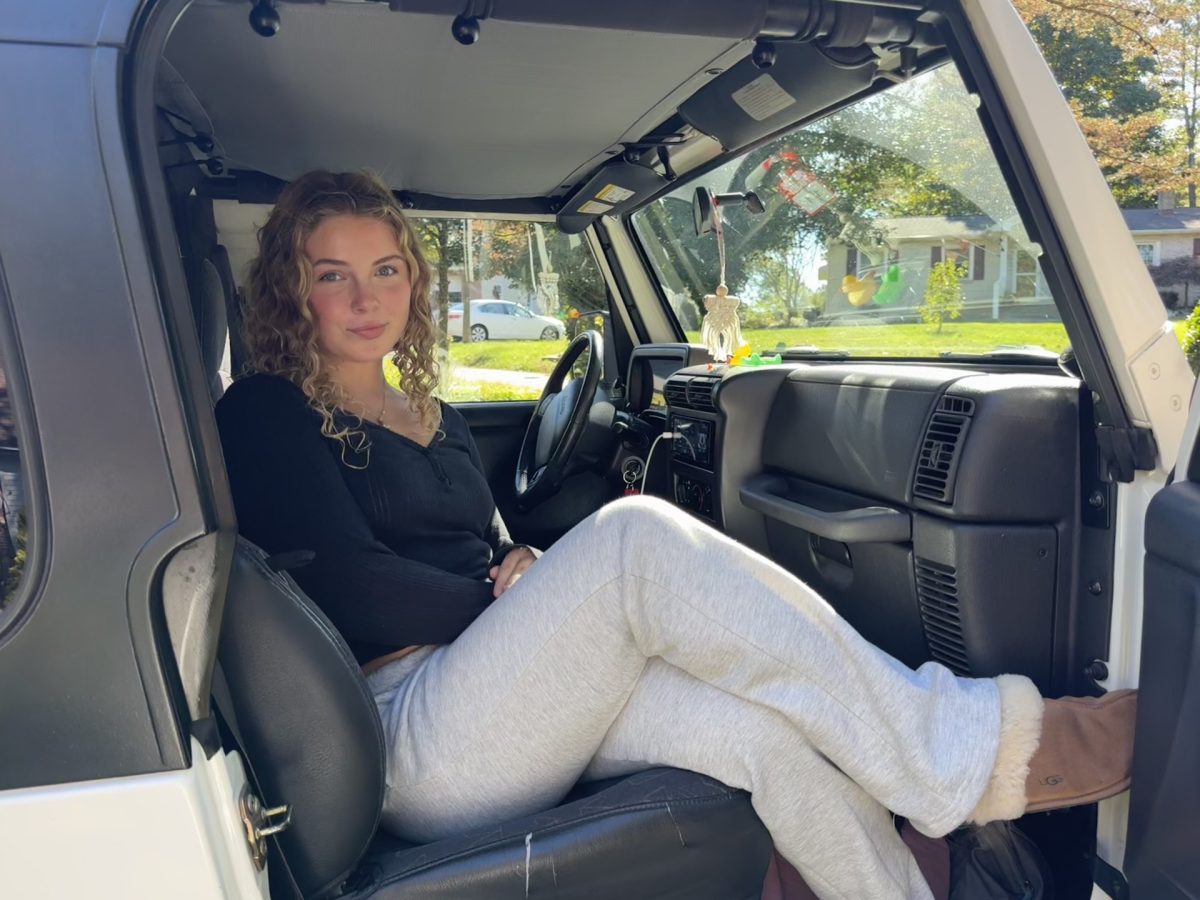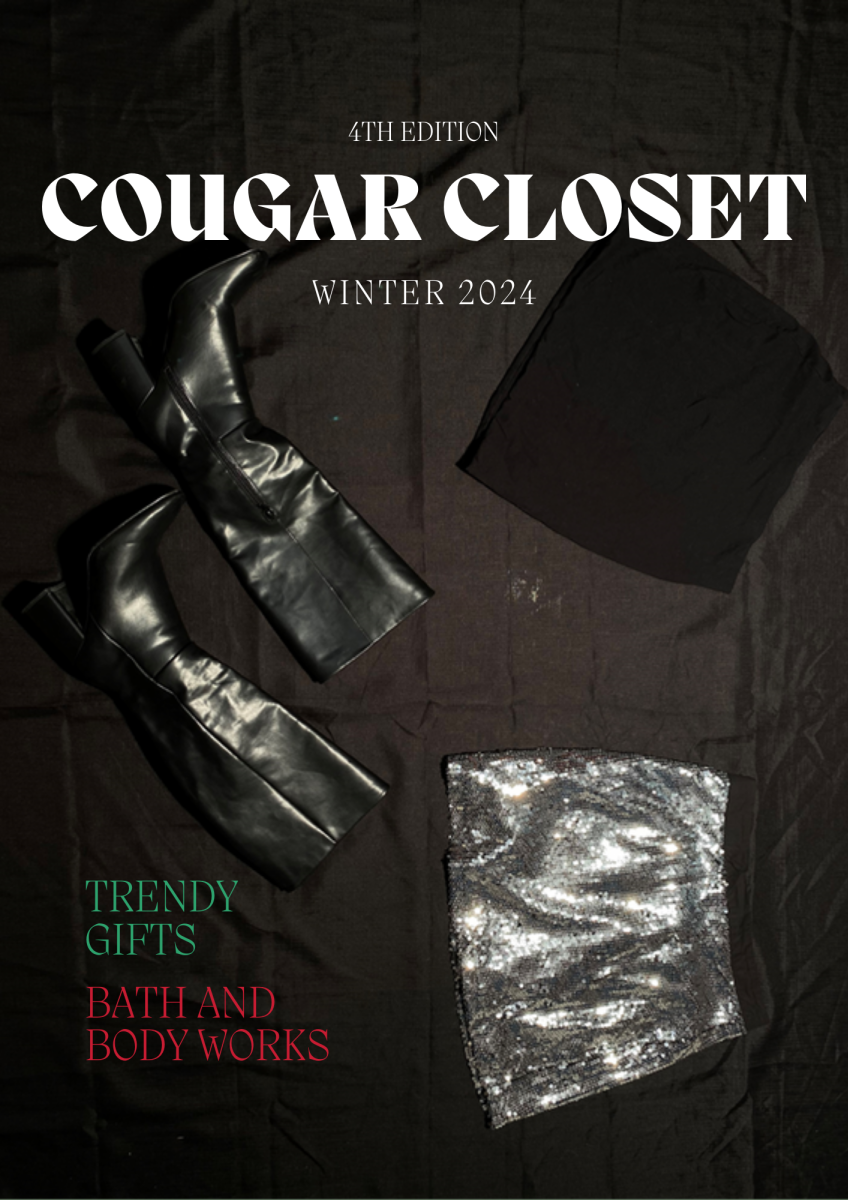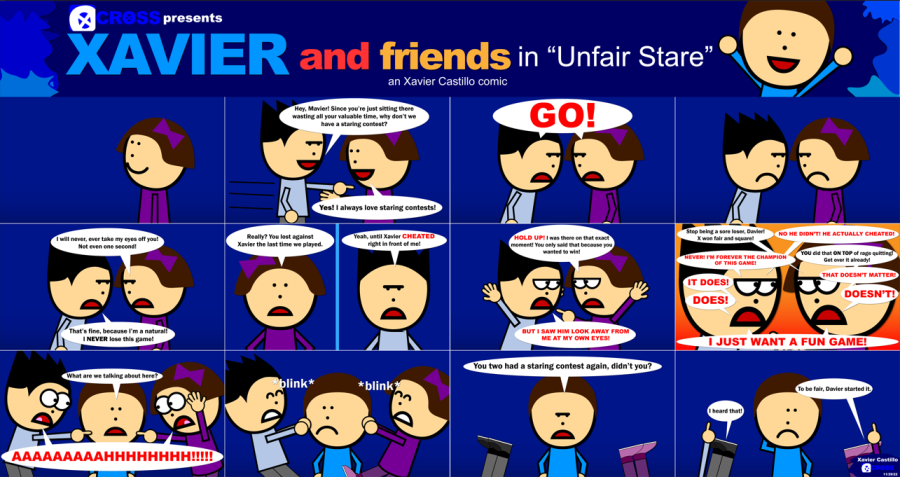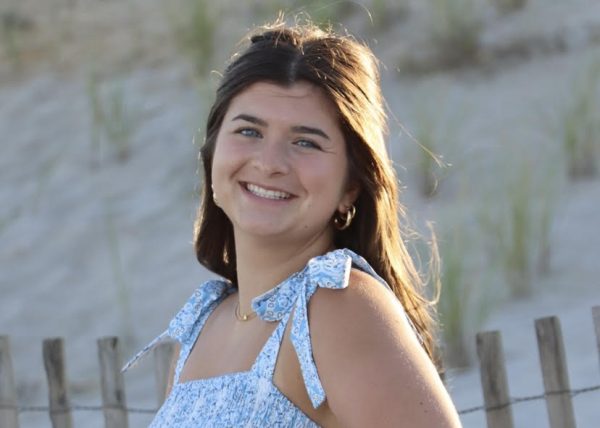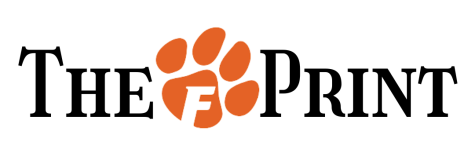Students devoted to social justice
Fallston’s Voices of Equity club promotes equitable practices with the faculty
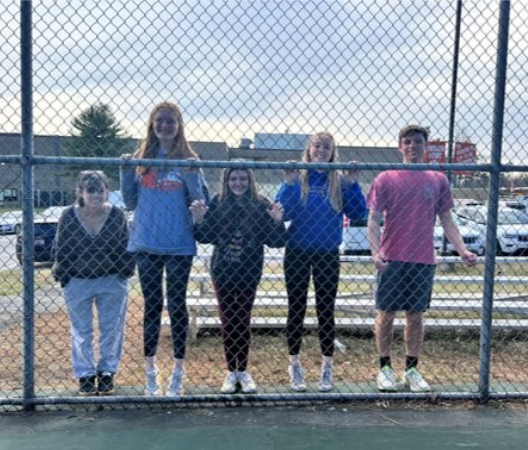
“The Fallston Fence” shows how with the right techniques and practices, every student can have a fair and equitable experience at Fallston High School. Photo Courtesy of Lauren Price.
March 30, 2023
On March 2nd, Fallston’s Voices of Equity leaders – Emma Callahan, Shaianne Montambault, Julianna Mullen, Addison Rebasti, and Jackson Rockhill – gave a presentation to the members of the Fallston staff about how equity is addressed within our school.
Voices of Equity sent a survey out in mid-January asking students to share positive and negative stories about how Fallston High School’s community members have approached equity, social justice, and diversity. This survey was also sent out to the staff in order to gather insight into how they view equity at Fallston. Upon reading these results, they were inspired to put a presentation together to spark a conversation about equitable practices at FHS.
But what does equity actually look like? A common misbelief is that equity and equality are the same thing, but they are actually quite different. Equality is about giving the same treatment to everyone while equity considers the circumstances around the situation and treats everyone uniquely based on those factors. It is important to note this as equity includes aspects of diversity that equality does not necessarily cover.
Currently, Harford County has an equity and cultural proficiency committee whose goal is to “improve academic performance for all students through the efficient and effective use of resources and the delivery of instruction that is designed to address equity concerns in our culturally diverse school communities,” per the HCPS website. Voices of Equity’s mission closely aligns with the county mission, with the added goal of students feeling a sense of belonging within their community. The supervisor of the committee, Dr. Paula Stanton, has even helped our school’s branch of Voices of Equity in order to create a safer, more supportive community for our students and staff.
The survey sent out by Voices of Equity collected more than 100 student responses. Of the responses, about half of them were more positive while the rest were more negative. Julianna Mullen, a student leader, says, “We were able to discover the patterns that most of the students agreed upon. It was a well-rounded response and I think it showed both sides of what students were viewing.”
Ms. Rizer, the advisor for the club, said, “There was a lot of positivity suggested by students. In fact, there were a lot of staff members that got shoutouts from the students as showing a sense of fairness or justice or equitable mindsets.” However, Julianna Mullen shared that though they believe the positive stories balanced out the negative, they did receive some “powerful negative responses.”
The faculty response was not as telling as only 4% of the staff responded to the survey, not as many as VoE had hoped to see. The amount did not give a full picture of the faculty’s experiences regarding equity within our school. Mullen says that “the amount of staff responses did not portray what all of the teachers think or view about the school.” However, Ms. Rizer notes that “just because [they] only got a certain number of responses did not mean that only those staff members cared.”
In reaction to both the student and faculty responses, the student leaders decided to create a presentation to show at a faculty meeting, which the previously mentioned Dr. Stanton advised and critiqued. This would give our staff an opportunity to see what people were experiencing as far as equity goes, part of the goal of Harford County’s Equity and Cultural Proficiency committee and Voices of Equity.
The students were focused and excited to create a conversation about equity with the staff at the school. “I knew that I was comfortable public speaking, so I thought it would be a good way to garner attention for some needed changes at Fallston,” Mullen says. The student leaders wanted to craft a presentation that would not only show what could be improved, but also celebrate and acknowledge how our school already practices equity.
The leaders shared that they believed the presentation really moved some of the faculty as they were surprised to hear some of the responses. Jackson Rockhill says, “I wanted to see them be kind of surprised because if they weren’t and they were already accepting what they saw from that presentation, then that would be disappointing.” Mullen adds that they ended in a place where the staff could “take this as a chance to get the gears going and reflect on what [they] can do better and are doing well already.”
However, some of the faculty gave feedback that there wasn’t enough data in the presentation to prove any patterns of inequity. Therefore, Voices of Equity has decided to send out a document to the staff to gather more information from their perspective. The staff will meet within their departments to discuss how equity should and will look in their specific classrooms.
The goal is to make every student the best version of themselves, and that starts with our staff. “I can feel it, I can see it; when everyone feels accepted and feels like a part of something, they’re going to perform better,” says Fallston’s Principal, Mr. Joe Collins. By helping our staff continue and build upon their equitable practices, our students will be able to see this model behavior and become better versions of themselves, feel like they belong with one another, and in turn, promote a culture of mutual respect throughout the building.
At Fallston, achieving equity and social justice is an ongoing conversation. Voices of Equity is a group devoted to helping our school community become more aware of behavior within the walls of Fallston High School. Everyone in our school community needs to think about and monitor how their words and actions affect others, and we need to learn to keep educating ourselves and practicing equity. As Mr. Collins says, “You can never say you’re done.”
